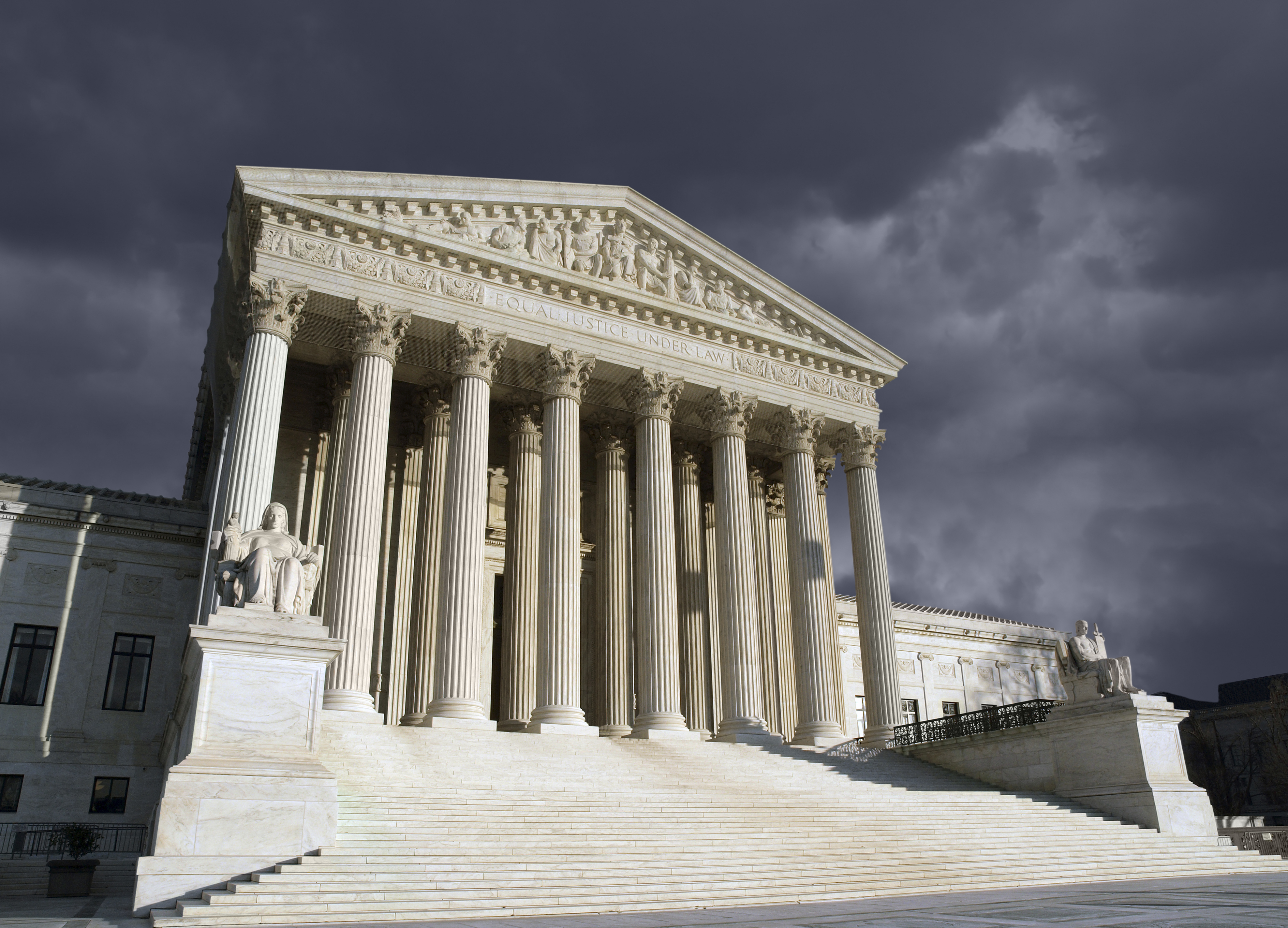
Montgomery Had Similar Law to California Measure Debated Before Supreme Court
A California law that faced Supreme Court scrutiny Tuesday is similar to a law passed in Montgomery County, and then shot down by the courts.
Montgomery County passed its law in 2010. If a crisis pregnancy center had no medical professionals, the Montgomery law would require the center to post a sign in its waiting room saying so.
The sign also would have encouraged women who are or may be pregnant to consult with a licensed health care provider.
The county’s law was based on the belief that the centers were deceiving pregnant women about their staff and the effects of abortion.
“The council is primarily concerned with ensuring that a pregnant woman is not led to mistakenly believing that an LSPRC is staffed by professionals licensed to give medical advice to patients,” a memo to the County Council from the time says. An LSPRC is a limited service pregnancy resource center.
The same memo also cited a July 2006 report in the U.S. House of Representatives that claimed about 87 percent of federally funded pregnancy resource centers provided false and misleading medical information to clients about the health effects of abortion, including information about a link between abortion and breast cancer, the effect of abortion on future fertility, and the mental health effects of abortion.
Centro Tepeyac, which operates a pregnancy center in Silver Spring, filed a court challenge against Montgomery’s law. The center claimed the law violated free speech by forcing pro-life pregnancy counselors to advise women against using their services, according to a Gazette article at the time.
After four years in county and appellate courts, the county lost. In March 2014, District Court Judge Deborah K. Chasanow ruled that “the critical flaw for the county is the lack of any evidence that the practices of LSPRCs are causing pregnant women to be misinformed which is negatively affecting their health.”
Chasanow went on to say that “when core First Amendment interests are implicated, mere intuition is not sufficient. Yet that is all the County has brought forth: intuition and suppositions.”
Ultimately, the county paid Centro Tepeyac $375,000 to cover its legal costs.
California passed its law in 2015 citing similar concerns about medical staff and the information provided, the Los Angeles Times reported.
The Times reported that Supreme Court members remarked that the California law appeared to violate the First Amendment because it mandated speech.


Engage us on Facebook
Follow us on Twitter
Tweets by @mymcmedia